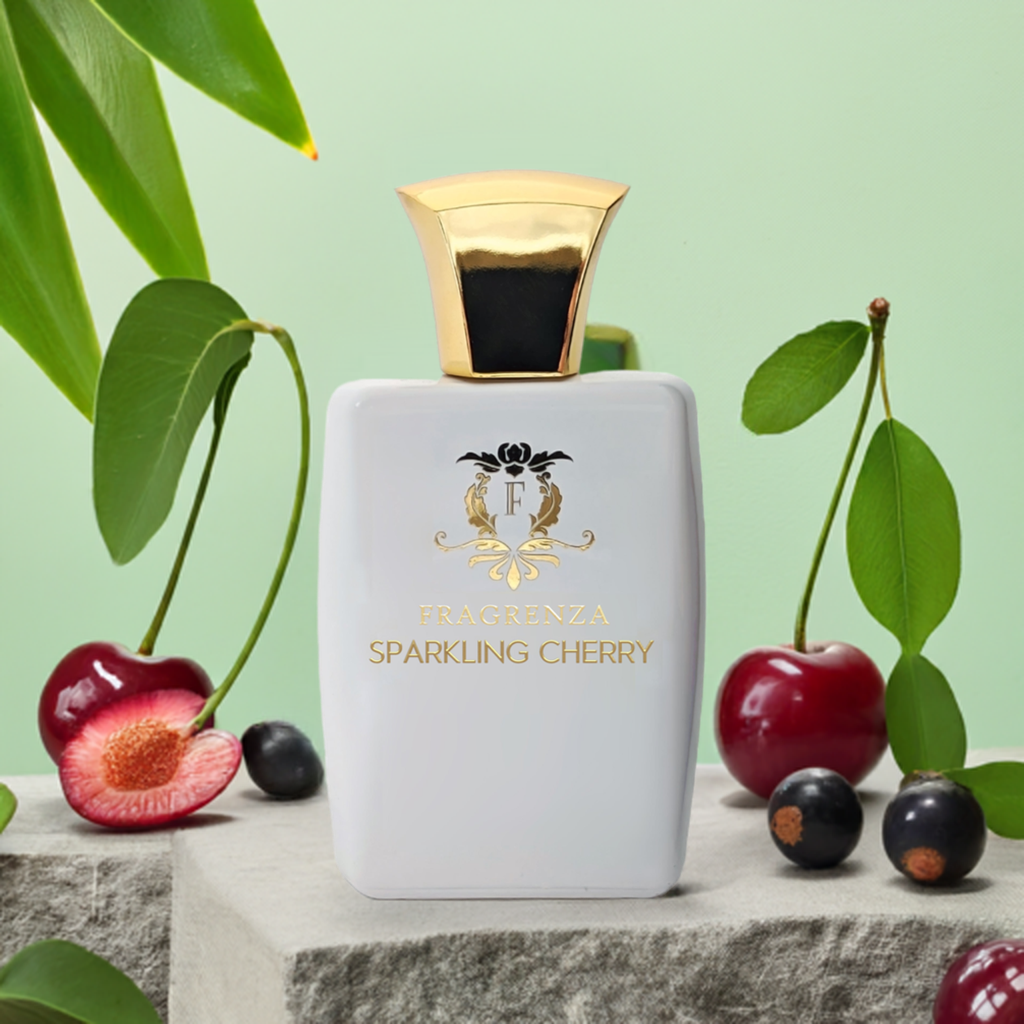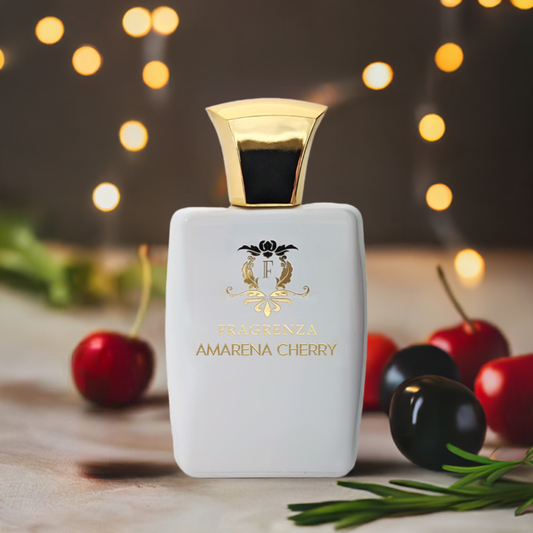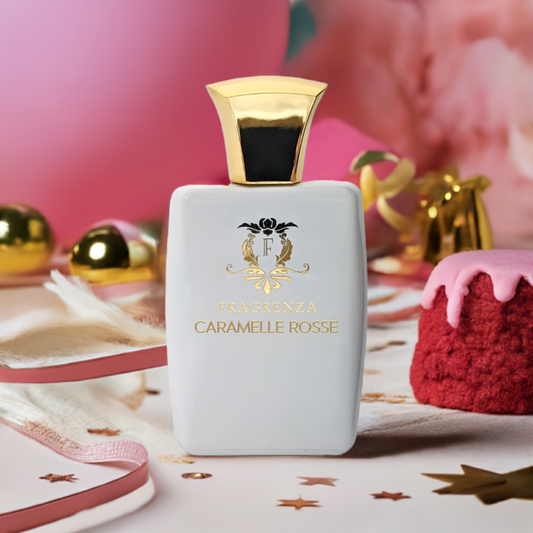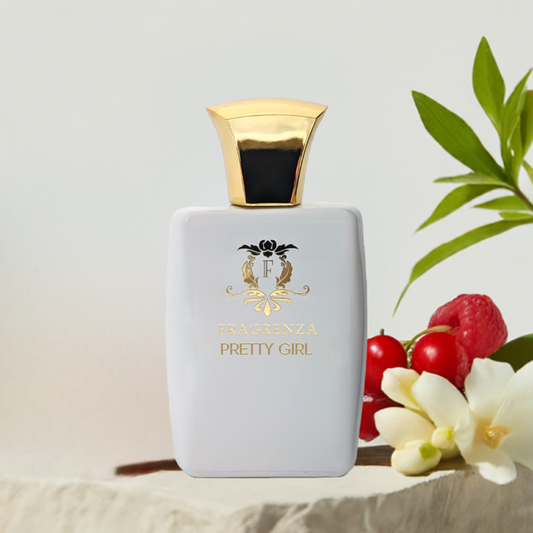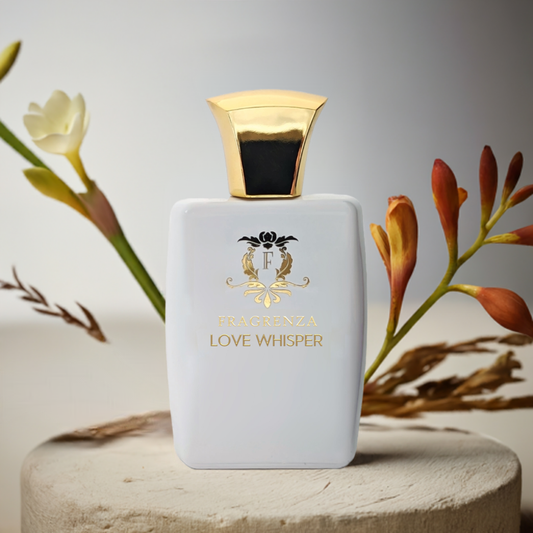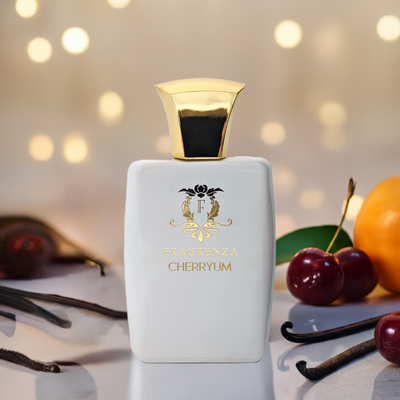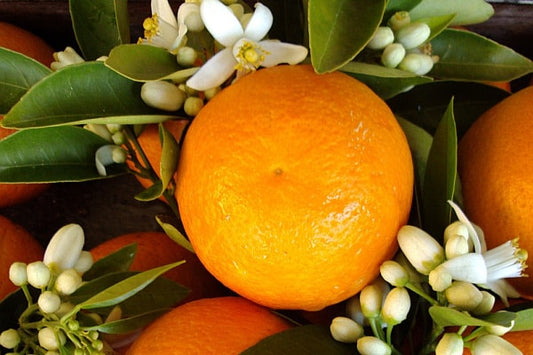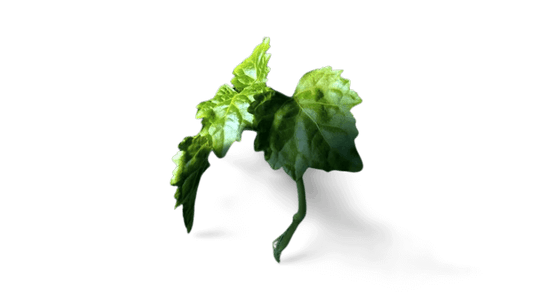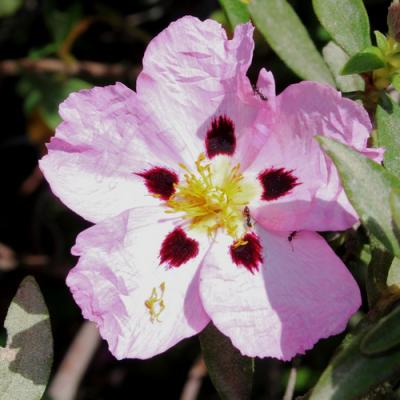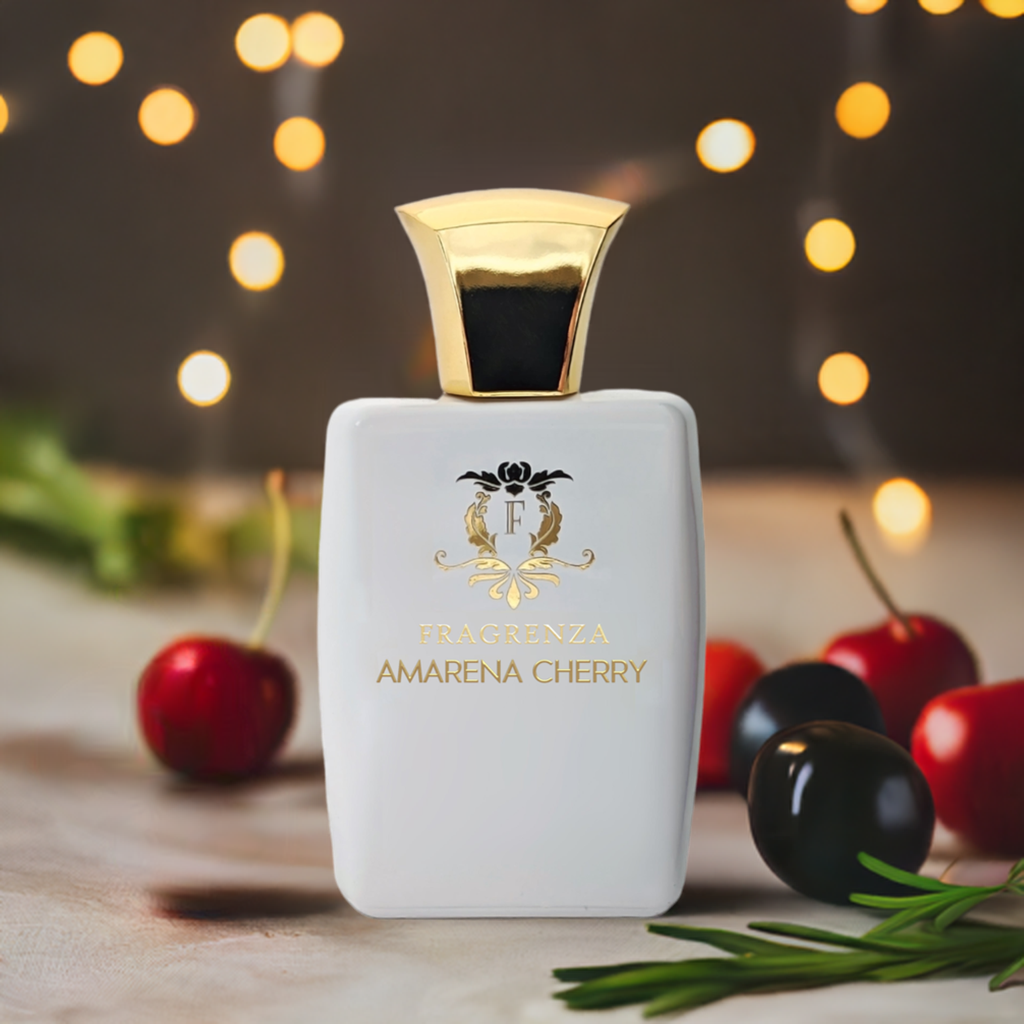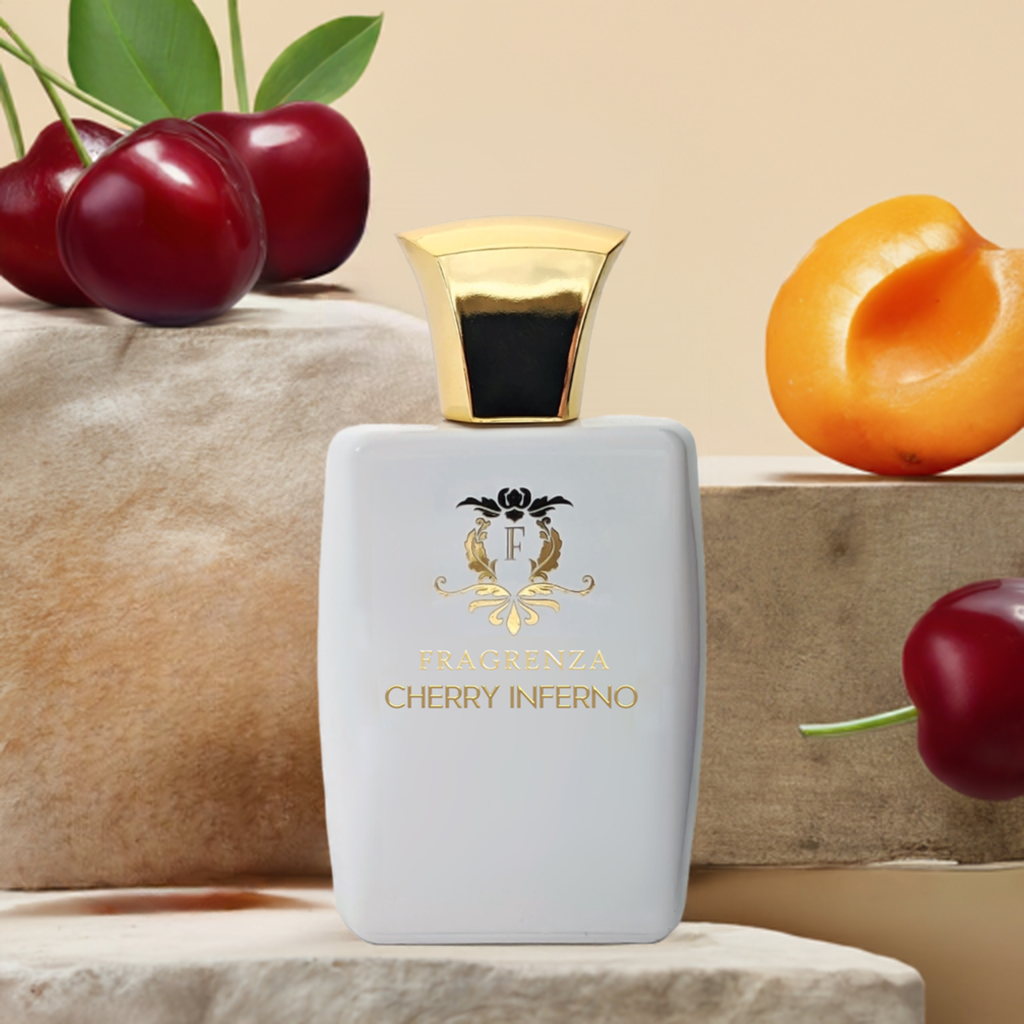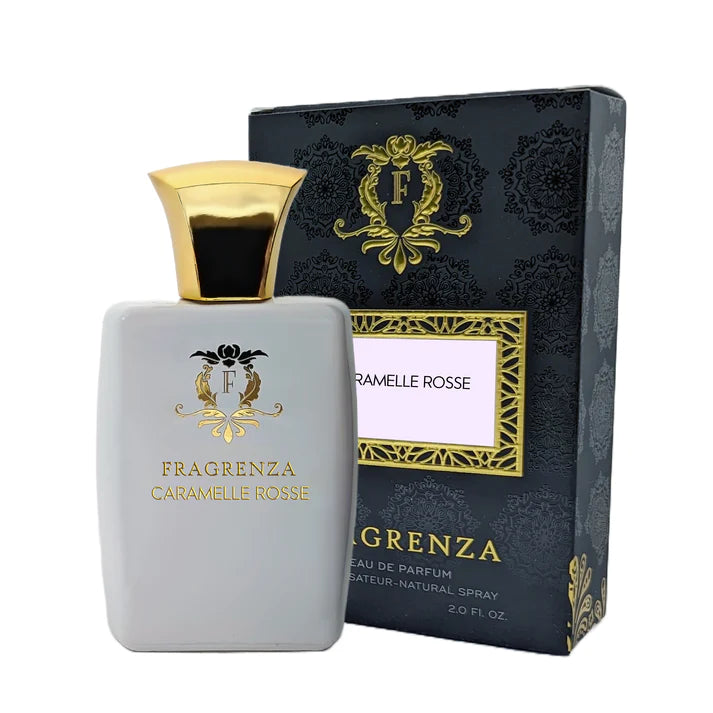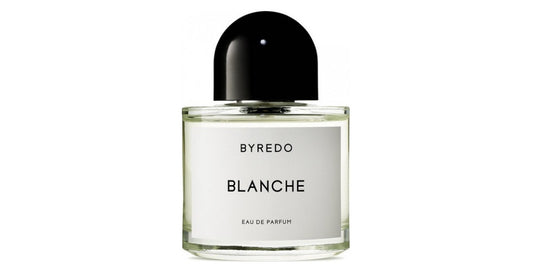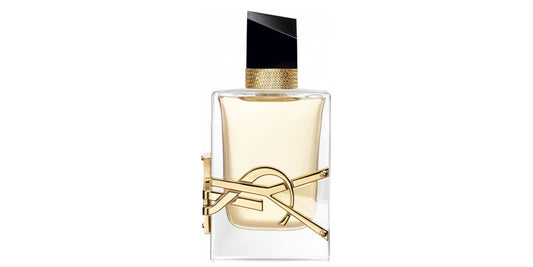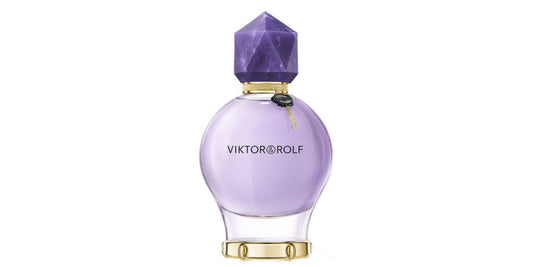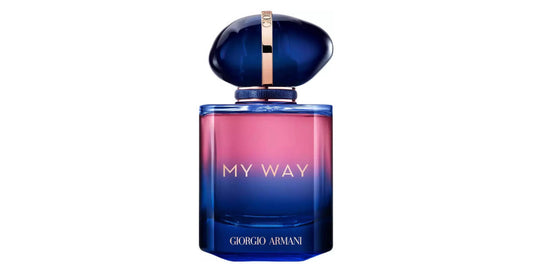What is the scent of cherry?
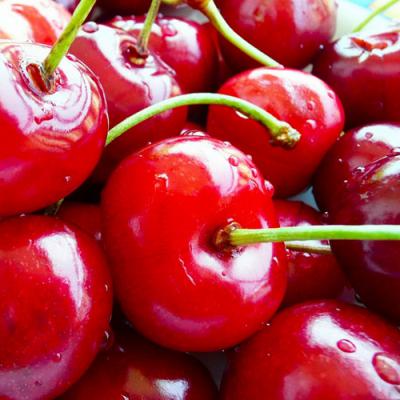
In This Article
The History of Cherry
Cherries are edible fruits that grow on cherry trees. As drupes, these fleshy fruits have stones and come in varying shades of red, depending on their maturity. Cherry blossoms, the elegant small white or pink flowers that precede the fruit, are synonymous with spring. The cherry tree has been present in Europe since Neolithic times, with numerous archaeological discoveries attesting to this.
Cherry cultivation can be traced back to the fourth century BC in Asia Minor, spreading to the Greeks and then the Romans. It was Lucullus who brought cherries from Cerasus du Pont to Rome. Cherries were abundant in the Middle Ages and sold at various stalls. However, it was Louis XV, an avid cherry enthusiast, who promoted their intensive cultivation. In France, Vaucluse is the leading cherry-producing department, supplying three-quarters of cherries for processing and 25% of table cherries.
Cherries are popular in food, jams, pastries, and drinks, but they also have numerous health benefits. They are rich in vitamins C and B3, possess laxative properties, and contain pectin, useful for making jams. The potassium in cherries gives them diuretic properties. Contrary to popular belief, cherries have a relatively low caloric content.
Cherry in Perfumery
Various cherry varieties inspire perfume creation, although it is impossible to obtain essential oil directly from the pulp. Instead, cherry fragrance is reproduced in laboratories using synthetic molecules, such as benzaldehyde, which mimics the slightly amended note of its core. Two types of scents can be distinguished: the fruit and the sour cherry blossoms. Cherry blossoms are particularly common in women's fragrances, and their sacred status in Japan is often evoked in perfumes associated with the country.
While cherry is frequently used as a background note in perfumes, such as La Petite Robe Noire by Guerlain, it is also the star in several fragrances. Examples include Cherry Perfume by Fragrenza, Cherry Blossom Fruity by Guerlain, Cerisier en Fleurs by Fragonard, and Cherry In The Air by Escada.
Fun Facts About Cherries
- There are over 1,000 different cherry varieties worldwide, with around 50 of them being commercially significant.
- Japan has a tradition called "hanami," which involves picnicking under cherry blossom trees to appreciate their beauty and transient nature.
- Cherries are a natural source of melatonin, a hormone that helps regulate sleep patterns.
- Traverse City, Michigan, is known as the "Cherry Capital of the World" and hosts an annual National Cherry Festival.
- Cherries are believed to have originated in the region between the Black Sea and the Caspian Sea, where they have been consumed since prehistoric times.
- The cherry tree is a member of the Rosaceae family, which also includes almonds, peaches, plums, apricots, and roses.
- There are two main types of cherry trees: sweet cherry trees (Prunus avium) and sour cherry trees (Prunus cerasus).
- George Washington, the first President of the United States, is famously associated with a myth about cutting down a cherry tree in his youth, symbolizing his honesty and integrity.
- Cherry blossoms are often used as a symbol of renewal and the fleeting nature of life, as they bloom for a short period each spring.
- Some of the heaviest cherries ever recorded weighed more than 1 ounce (28 grams) each and were harvested in the United States and Spain.
